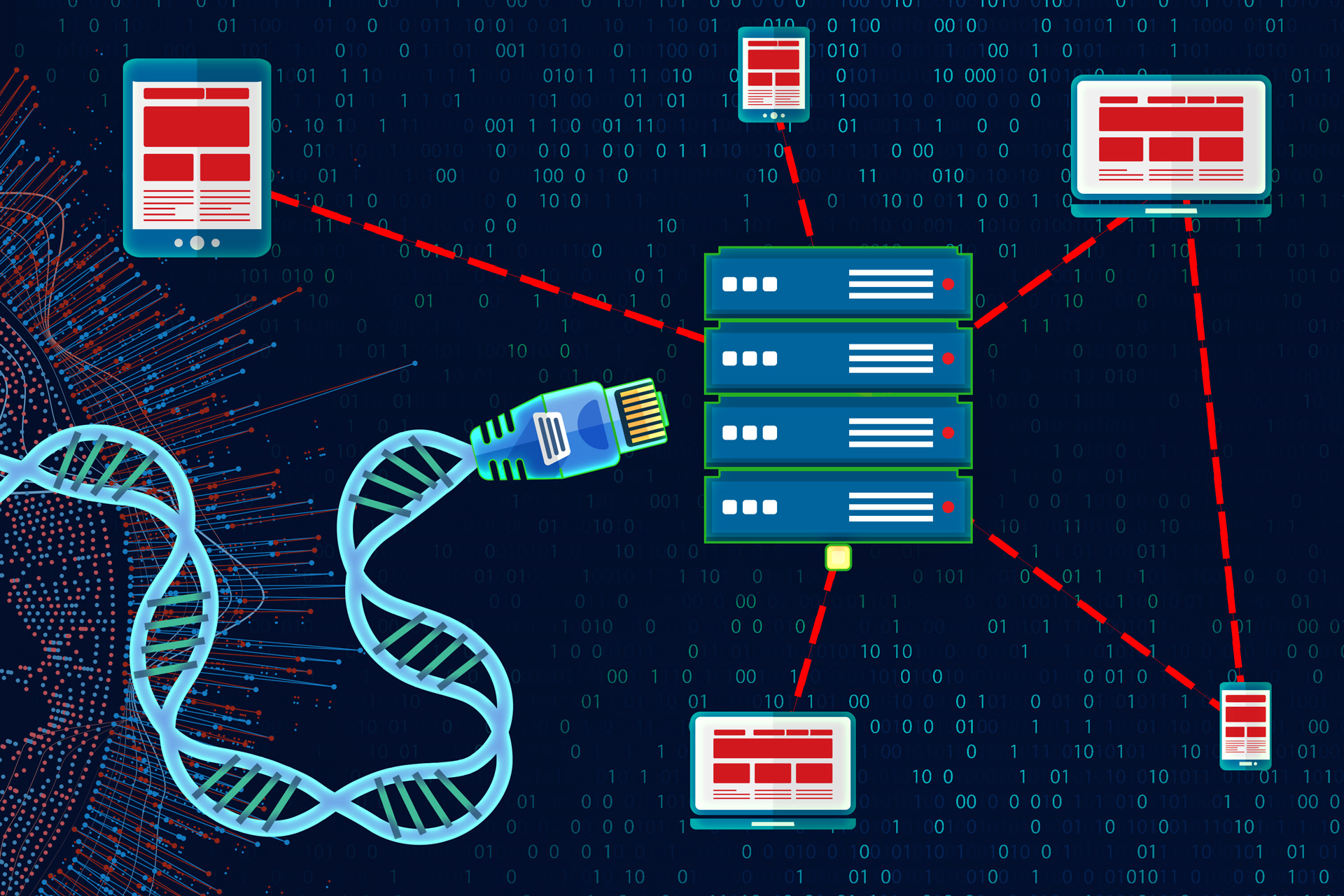‘Anonymous’ genetic databases vulnerable to privacy leaks
By Helena Kudiabor,
Nature
| 10. 14. 2024
A study has raised concerns that a type of genetic database that is increasingly popular with researchers could be exploited to reveal the identities of its participants, or link private health information to their public genetic profiles.
Single-cell data sets can contain information on gene expression in millions of cells collected from thousands of people. They are often freely accessible, providing a valuable resource for researchers who study the effects of diseases at a cellular level. The data are supposed to be anonymized, but a study published on 2 October in Cell1 shows how genetic data from one study “can be exploited to uncover private information about individuals in another study”, the authors write.
The findings highlight the difficulty of balancing the interests of researchers with the privacy of donors. “Our genomes are very identifying. They can tell a lot about us, our traits, our predisposition to diseases,” says study co-author Gamze Gürsoy, a bioinformatics researcher at Columbia University in New York City. “You can change your credit-card number if it leaks, but you cannot change your genome.”
Sensitive
...
Related Articles
By Jenny Lange, BioNews | 12.01.2025
A UK toddler with a rare genetic condition was the first person to receive a new gene therapy that appears to halt disease progression.
Oliver, now three years old, has Hunter syndrome, an inherited genetic disorder that leads to physical...
By Rachel Hall, The Guardian | 11.20.2025
Couples are needlessly going through IVF because male infertility is under-researched, with the NHS too often failing to diagnose treatable causes, leading experts have said.
Poor understanding among GPs and a lack of specialists and NHS testing means male infertility...
By Pam Belluck and Carl Zimmer, The New York Times | 11.19.2025
Gene-editing therapies offer great hope for treating rare diseases, but they face big hurdles: the tremendous time and resources involved in devising a treatment that might only apply to a small number of patients.
A study published on Wednesday...
By Aisha Down, The Guardian | 11.10.2025
It has been an excellent year for neurotech, if you ignore the people funding it. In August, a tiny brain implant successfully decoded the inner speech of paralysis patients. In October, an eye implant restored sight to patients who had...




